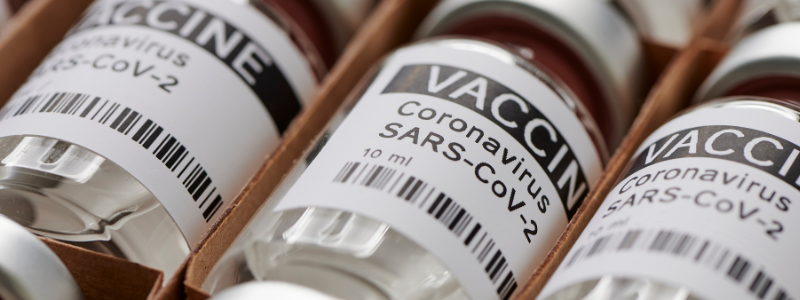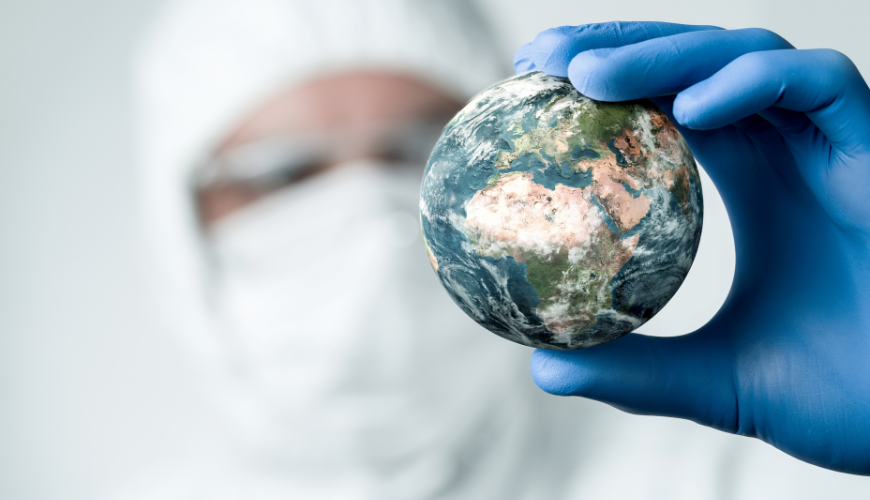
Dr. Aysha Akhtar, MD, MPH
Co-founder and CEO
At the Center for Contemporary Sciences (CCS), we believe in the possibilities that good science can offer. We believe that we can improve human health, and do it better, by replacing animal tests with innovative testing methods. We believe that medical research and testing methods should start and end with human biology. After all, the goal of medicine is to improve human health. Therefore, medical science should be focused on understanding human biology, not on the biology of a rat, a cat, a dog, or a monkey. It seems so logical, doesn’t it?
But to transform the biomedical research enterprise, we need to unlock ourselves from old ways of thinking. CCS’s goal is to unlock the possibilities in medical science to create a superior research system that today we can only just dream about. To help get there, we are officially kicking off our Blog series!
In our blog series, we will be highlighting the outstanding innovators in biomedical research, inviting expert voices to discuss their work, and discussing CCS’s initiatives. And, we will be addressing timely issues that emerge, which brings us to the topic of this first blog of 2021: The Three Biggest Impacts the Pandemic is Having on Animal Testing.

The COVID-19 pandemic is reshaping medicine, public health, and scientific research in an unprecedented way. It has also brought long-standing ethical, societal, and scientific concerns to public light. For example, public misinformation about and distrust in vaccines seems to be at an all-time high and threaten public health efforts to quell this pandemic. Increased scrutiny on vaccine testing highlights the need for diverse representation in clinical trials to ensure that people across age groups, backgrounds and ethnicities are adequately represented. Ethics discussion about equitable vaccine distribution plans have underscored the unjust treatment of poorer countries. The pandemic has also brought to attention ethical and scientific issues about animal use in drugs and in testing in a way not seen before. Bleeding horseshoe crabs to test vaccines for endotoxins and killing sharks for their squalene has led to calls for alternative methods that do not involve harming animals. In all, the pandemic has had three major impacts on animal testing, which I have broken down into short-term and long-term:
- Short-Term Impact: Unwarranted Demand for More Animals for Experimentation.
As I explain in my recent op-ed, animal experimental groups and primate researchers have been lobbying hard to funnel more money into animal testing and create a “monkey stockpile”. These efforts are underway even though using animals as human “models” for decades has not led to any effective treatment for most diseases. It doesn’t make sense to continue the same old system when we know the system is broke.
Even more of a head-scratcher is the call by a band of monkey researchers for more COVID-19 vaccine testing on monkeys, saying that human trials aren’t enough. Since when did the gold-standard for human biology, i.e., human biology, no longer become the gold standard? (hint: when there is funding involved).
- Short-Term Impact: Increased Recognition of Animal Testing Failures.
Coinciding with the call by some for more animal tests, COVID-19 vaccine developers bypassed many animal tests that have frequently been conducted in the past for vaccines. And there is good reason for this. Animals like mice and monkeys don’t get COVID-19 in the same way that humans do. Even for diseases in which there is more similarity between non-human primates and humans, such as SIV/HIV, there has been a dismal failure in vaccine research.

Additionally, vaccines are considered biologics, which differ from conventional drugs in that they are not chemically synthesized and are instead complex mixtures made from living cells, tissues, or other building blocks of life. Biologics tend to be specific to their target. Immune systems, which vaccines target, are highly species-specific. It’s no wonder that only 6% of vaccines that are tested on animals make it to the market.
- Long-Term Impact: Increased Call for Superior Human-Specific Tests.
Even if experimenters succeed in increasing funding toward animal use, I predict the effect will be limited. The pandemic has highlighted the need for testing methods that are reliable, effective, safe, and fast. Even more pressing, this pandemic is likely just one of many more to come. Human over-population, habitat destruction, climate change, the wildlife trade, and intensive animal agriculture are driving our risks for more deadly infectious diseases. The coronavirus and different strains of bird flu are running amok on mink farms and factory farms. (If you want to know more about how we are driving these pandemics, check out the trailer for this upcoming documentary).
Viruses are ever-mutating and we are now facing the possibility of vaccine-resistant COVID-19 strains. Ultimately, we will only be able to stay ahead of viral mutations by focusing on human biological responses to the virus and to potential vaccines and drugs. As a result, there has been a sharp focus on how human-specific testing methods can accelerate our understanding of viruses and pave the way for treatments.
Change is happening. Smart scientists are creating innovative tools that will revolutionize medical science. The Center for Contemporary Sciences will be front and center, road mapping the future of medicine.

